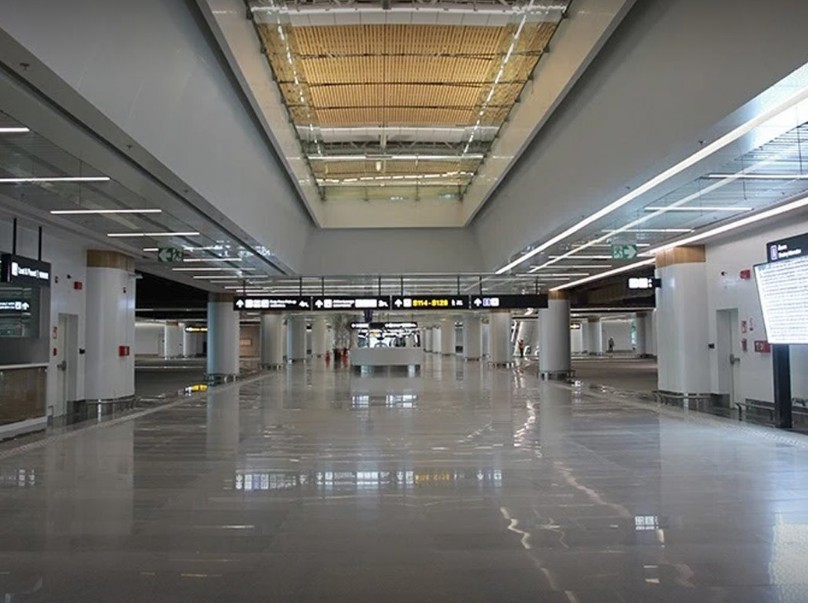
Thailand's Transport Ministry says unused areas of Suvarnabhumi and Don Mueang airports will be used for the setting up of field hospitals.
Transport Minister Saksayam Chidchob said on Sunday that the arrangement for another 7,000 beds was being made due to the current COVID-19 situation, leading to a large number of patients waiting for treatment.
He said the government has finalized a temporary lease with Airports of Thailand(AOT), because the lease for Bussarakham Hospital at Impact Muang Thong Thani in Nonthaburi province will expire in August.
According to Mr. Saksayam, the hospital at Suvarnabhumi Airport will be able to accommodate more than three times the number of patients at Bussarakham Hospital. In addition, Don Mueang Airport is in the process of preparing a warehouse building for the setting up of a field hospital, which will contain approximately 2,000 beds for patients with mild symptoms. (NNT)